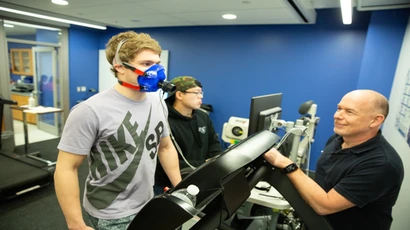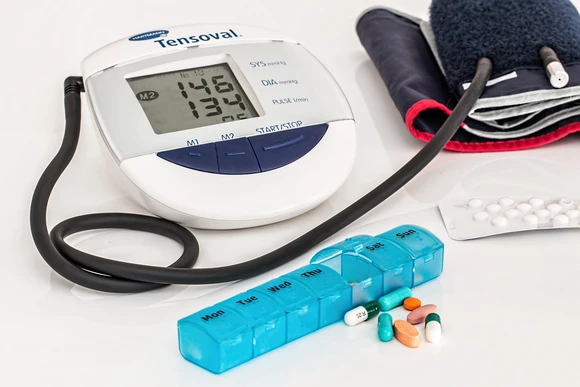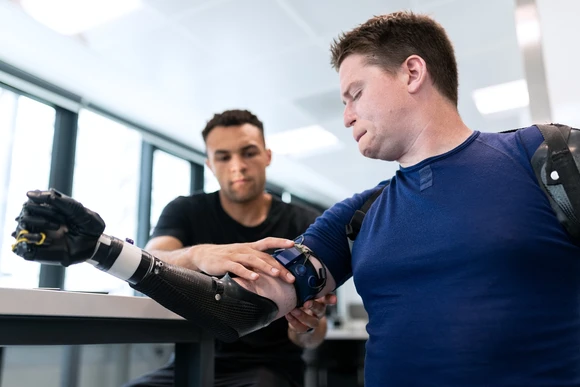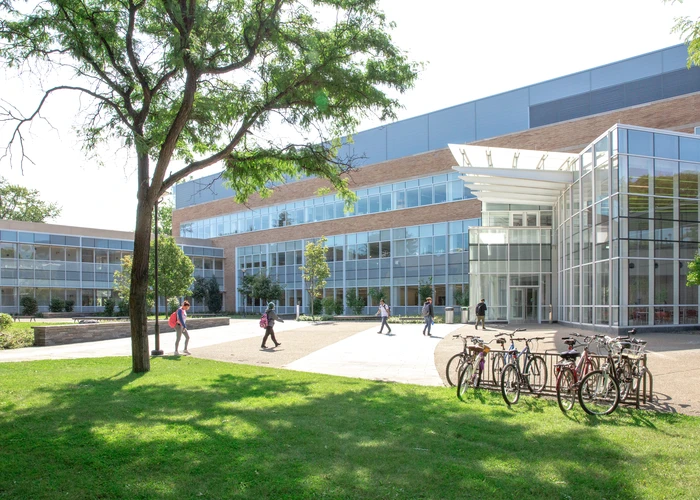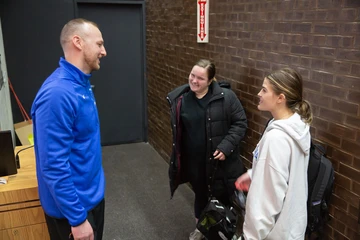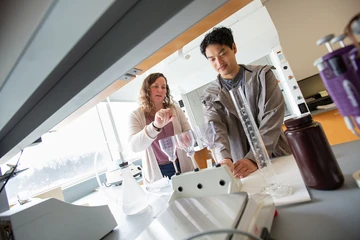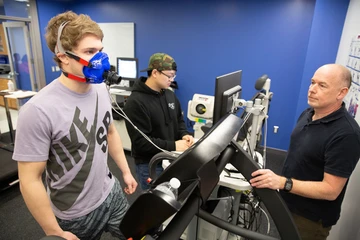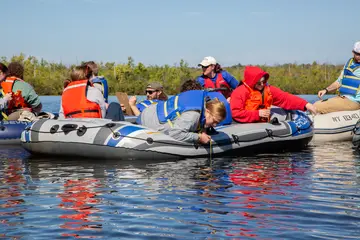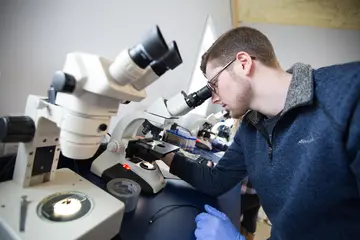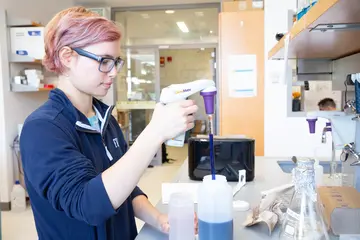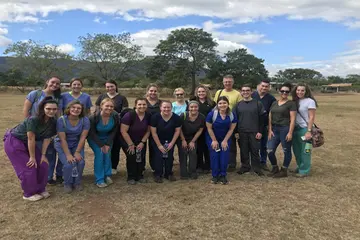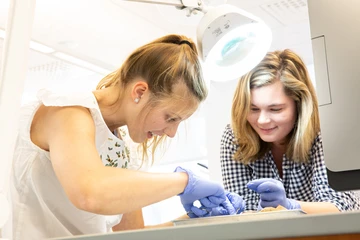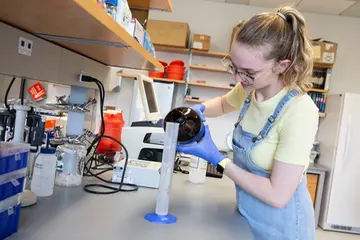Move Forward with Exercise Science
Fredonia’s Exercise Science program offers a dynamic blend of courses and hands-on experiences to prepare students for careers in health, fitness, and wellness. Through an interdisciplinary curriculum that includes biology, chemistry, physics, and psychology, students gain a deep understanding of human physiology. With access to cutting-edge equipment in our Exercise Science Suite, you'll learn to test musculoskeletal performance, analyze cardiovascular systems, and apply your knowledge in real-world settings.
What You’ll Gain
- Foundational Knowledge – A solid grounding in biology, chemistry, physics, and psychology.
- Practical Skills – Experience with $300,000 worth of state-of-the-art equipment to assess body composition and musculoskeletal performance.
- Research Opportunities – Senior capstone project options in research, internships, or specialized courses, focusing on problem-solving and communication.
- Career Preparation – Skills for careers in physical therapy, sports medicine, health education, cardiac rehabilitation, and more.
- Graduate-Ready – Preparation for advanced studies in physical therapy, physician assistant, athletic training, and exercise physiology programs.

